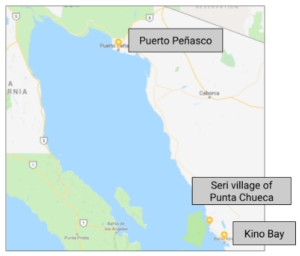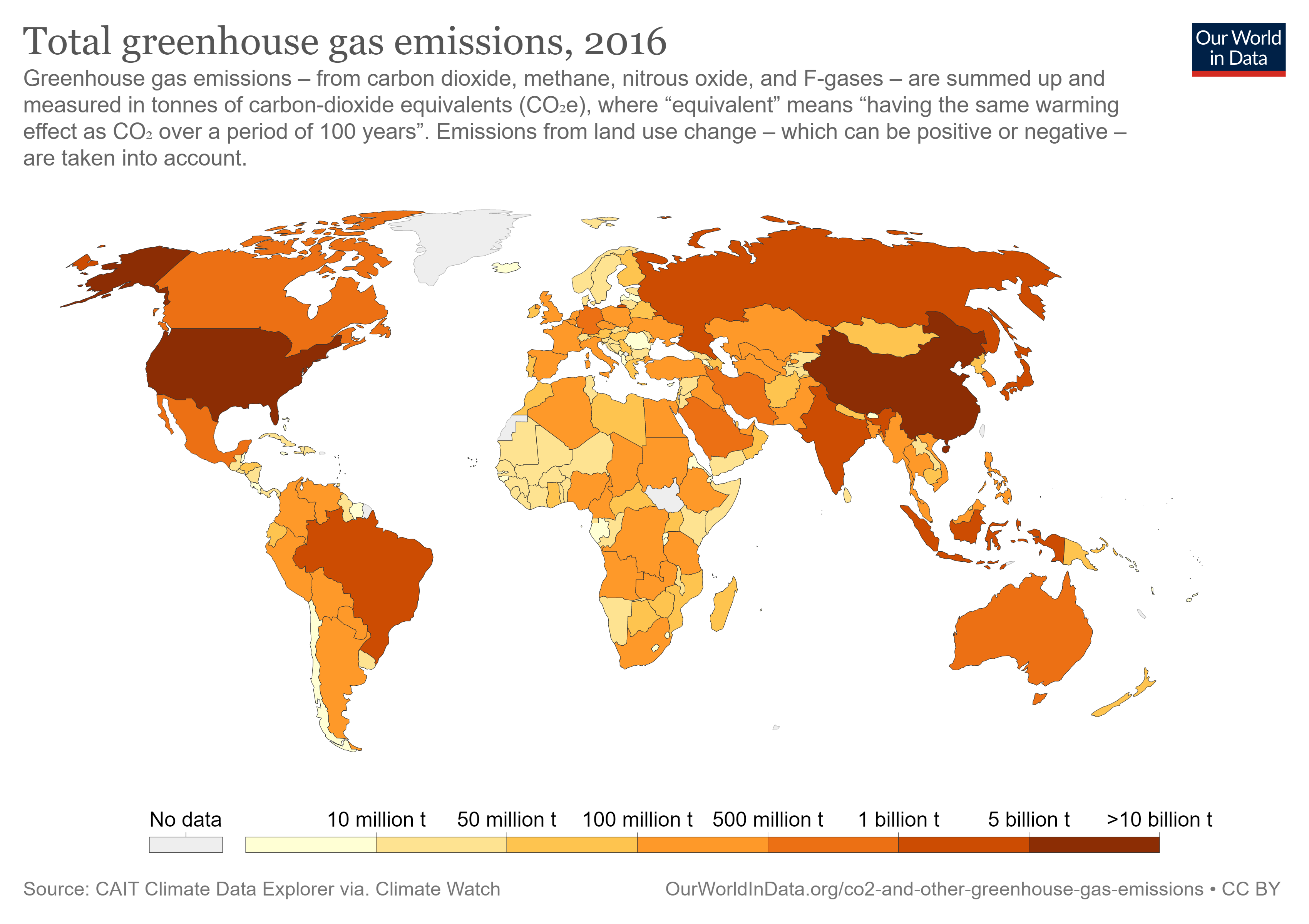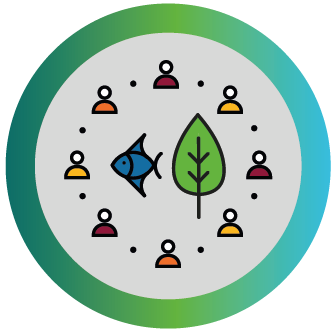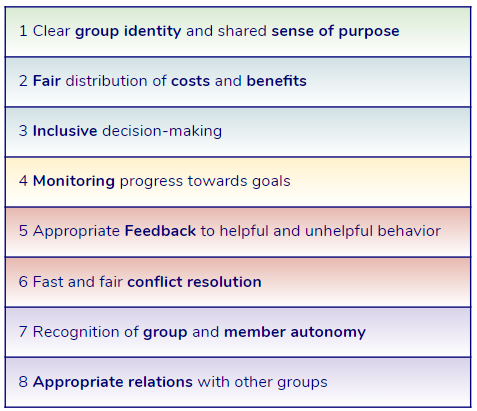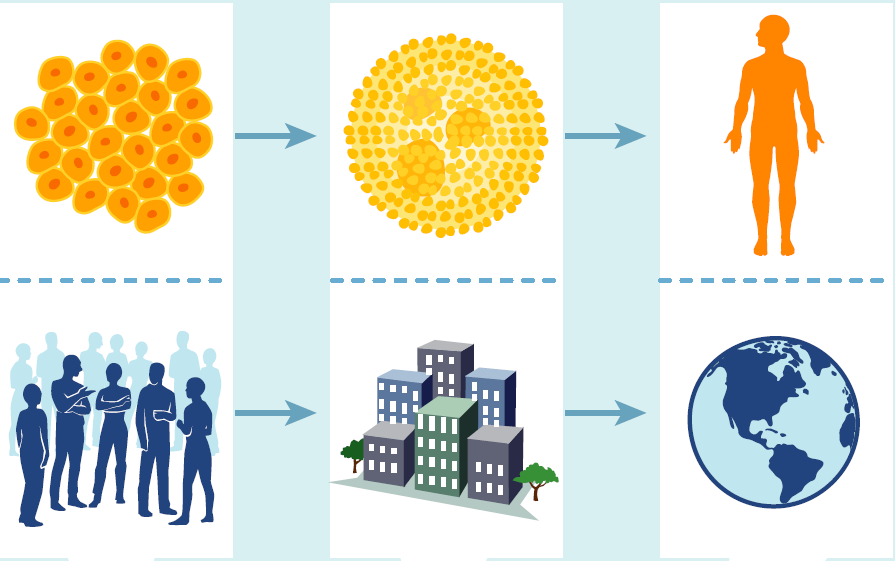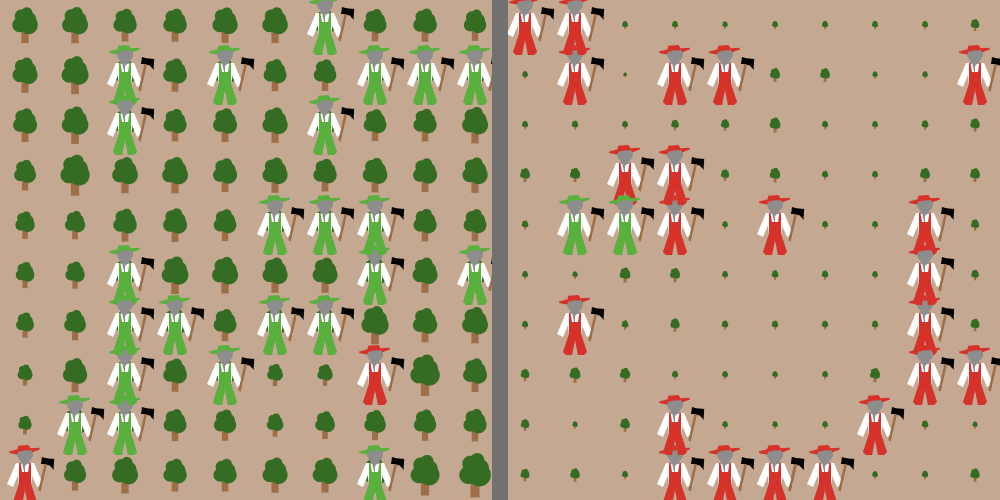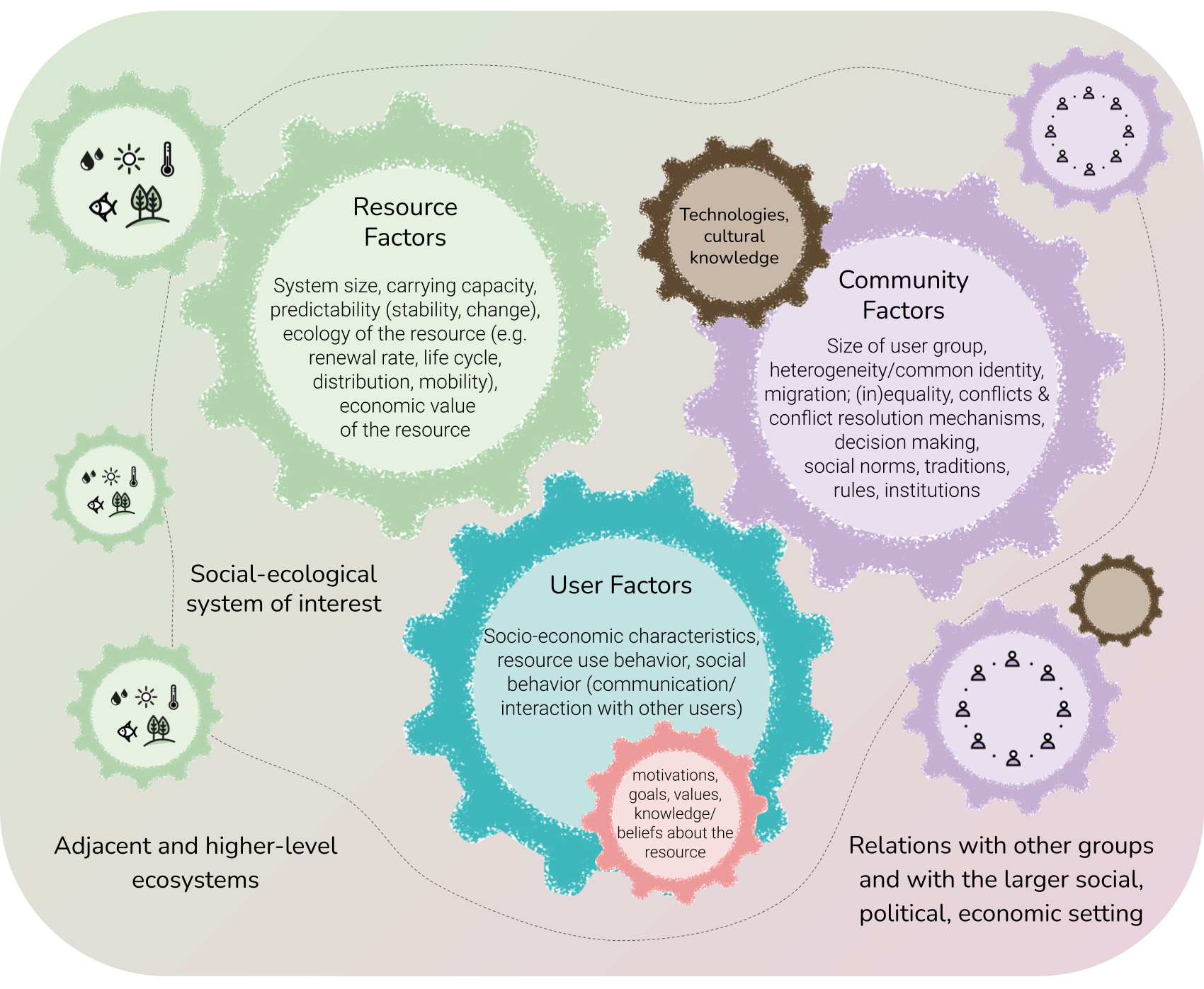
Analyzing social-ecological systems
In this lesson, students analyze a select real-world social-ecological system by looking at factors of the resource(s) and ecosystem, resource user behaviors, and governance, to develop recommendations for improving the sustainable management of the resource.

